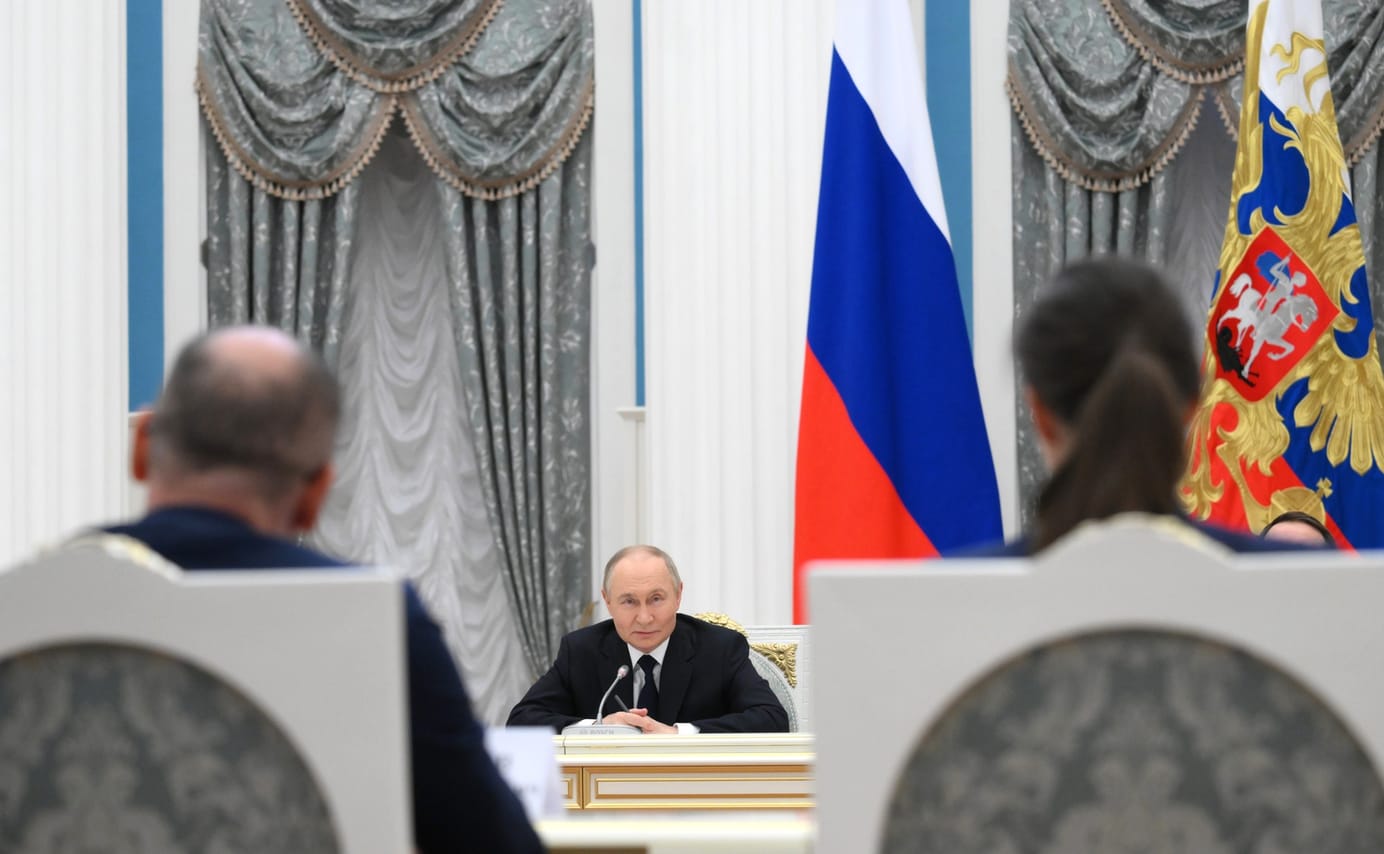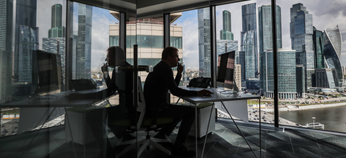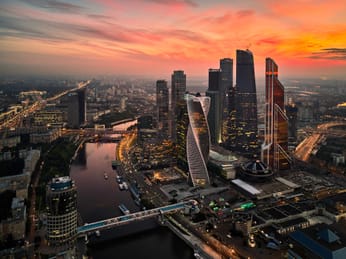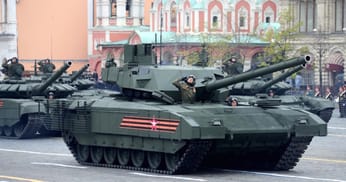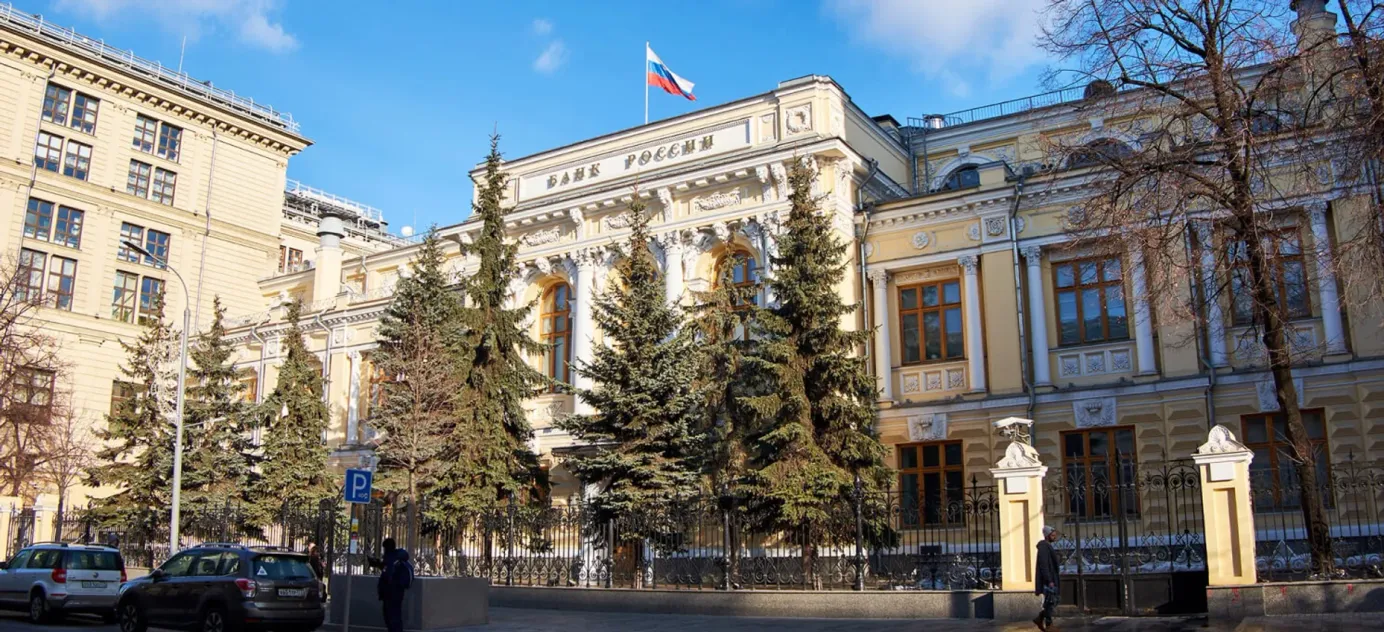
Russia’s Central Bank assesses the impact of sanctions on the economy
The Central Bank issued a new macroeconomic forecast, for the first time taking full account of the consequences of the war in Ukraine. The regulator sees no risk of catastrophe in the coming two years, but at the same time doesn’t see reason for optimism.
- The Central Bank’s monetary policy report published last week is noteworthy as the first detailed account of Russia’s economic transformations in the face of the war and sanctions, as well as changes to logistics and foreign trade, newspaper Kommersant wrote.
- Media outlets focused on the improved GDP forecast for 2023 (up to 0.5-2% growth, from a previous range of -1% to +1%). However, Kommersant notes that this is not the most important figure. Above all, the enforced restructuring of Russia’s economy means that growth rates are significantly lower than they would have been. In 2022, the utilization of industrial capacity was the basis for economic growth, whereas in 2023 it has so far been consumer demand. From 2024 onwards, predicts the Central Bank, investments from the previous two years will drive growth.
- The problem is that these investments were made “for survival” and a significant chunk came directly from the federal budget. The enforced nature of private investment is clear from the sectors represented among the biggest contributors: retail, construction, agriculture, and manufacturing. Private sector investments will remain at 2022 levels as sanctions make attracting foreign funds more difficult. This will have a negative impact on GDP growth, the Central Bank noted. Growth will be restricted due both to exports and falling demand.
- In general, the economy is rebuilding faster than expected, albeit with little choice in the matter. The report anticipates that the full adaptation should be complete by 2025.
Pourquoi le monde doit-il s'en préoccuper ?
Central Bank reports are not aimed at a broad audience and are largely free of state propaganda talking points. Thus, they often paint a fairly objective picture of what’s going on in the Russian economy.




